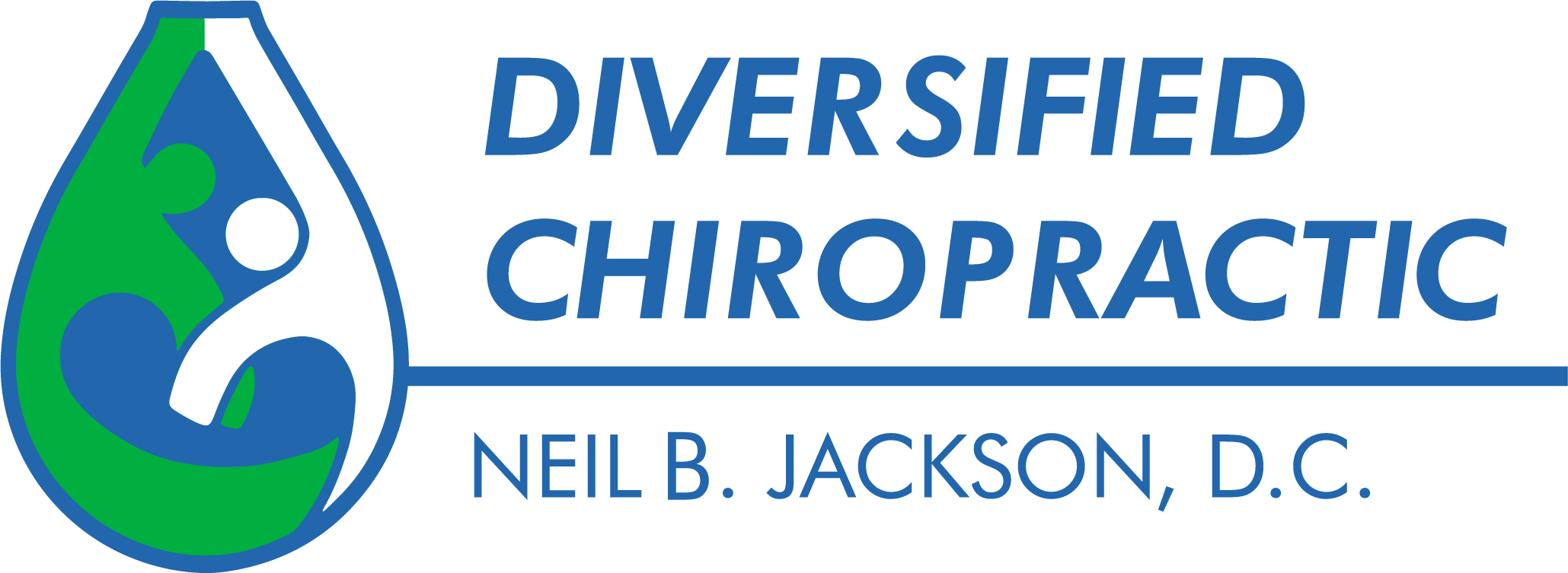Can Soft Tissue Damage Be Permanent? What You Need to Know
Soft tissue injuries can disrupt your routine in ways you never expected. Whether it’s a pulled muscle, a twisted ankle, or a nagging ache in your shoulder, you may find yourself asking, Can soft tissue damage be permanent? Understanding how these injuries heal and why some don’t can be the key to getting your life back on track.
Types and Severity of Soft Tissue Injuries
Soft tissues include muscles, tendons, ligaments, and fascia, the stretchy layers that connect and stabilize everything inside us. When these tissues get injured, the damage can range from minor irritation to complete tears.
Here’s a breakdown of the most common types:
- Strains: Affect muscles or tendons (muscle to bone). Often caused by overstretching or overuse. Think hamstring pulls or back muscle strains.
- Sprains involve ligaments (bone to bone). Typically caused by twisting injuries, such as an ankle rolling inward.
- Contusions: Also known as bruises. Results from direct trauma that causes bleeding under the skin or in the muscle.
Severity levels matter, too:
- Grade I: Mild – Microscopic tearing, minimal swelling, slight discomfort.
- Grade II: Moderate – Partial tearing, more noticeable bruising and swelling, reduced strength.
- Grade III: Severe – Complete rupture, significant instability, potential loss of function.
The worse the grade, the longer—and sometimes more complex—the recovery.
How Your Body Naturally Heals Soft Tissue Damage
The body is incredibly good at healing itself, but it doesn’t always go according to plan. Recovery from a soft tissue injury usually moves through three distinct stages.
- Inflammatory Phase (0–3 days):
- Swelling, redness, and warmth occur as your body sends white blood cells to the area.
- Pain is common and necessary—it’s your body’s way of telling you to stop and let it heal.
- Proliferative Phase (3–21 days):
- New tissue begins to grow.
- Collagen (the body’s scaffolding protein) starts filling in the gaps.
- Movement may improve, but overdoing it can set you back.
- Remodeling Phase (3 weeks to 12 months):
- Collagen fibers align and strengthen.
- Scar tissue matures.
- Mobility returns gradually—if everything goes well.
However, healing can slow down or even stall completely, especially if the injury isn’t managed correctly from the beginning.
Factors That Can Cause Long-Term or Permanent Damage
Why do some people bounce back while others seem stuck in pain for months or years? There are several culprits.
If you’ve undergone injury treatment, but feel like you’re not healing as expected, these factors may be at play:
- Age: As we get older, tissue regeneration slows down.
- Poor blood supply: Some areas (like ligaments) naturally receive less circulation, which delays repair.
- Underlying health conditions: Diabetes, autoimmune disorders, and obesity can interfere with normal healing.
- Improper rehab: Jumping back into activities too soon or skipping physical therapy can sabotage recovery.
- Scar tissue buildup: Sometimes, instead of healing smoothly, the body lays down dense scar tissue that limits movement and causes pain.
Tip: Pay attention to how your body responds. The sooner you act, the better your chances of full recovery.
Signs Your Soft Tissue Injury May Be Chronic or Permanent
There’s a difference between soreness and something more serious. Knowing when to seek help could spare you years of discomfort.
If you’re seeing a chiropractor in Traverse City, MI, make sure to discuss these persistent symptoms:
- Pain that doesn’t go away
Even after weeks or months of rest, therapy, or medications.
- Stiffness and loss of range of motion
Trouble raising your arm, rotating your neck, or walking normally.
- Muscle weakness
You might notice a drop in strength or coordination in the affected area.
- Instability
Joints that feel wobbly or unreliable could point to deeper issues.
- Numbness or tingling
Often, it is a sign of nerve involvement, which may signal permanent changes.
Diagnostic imaging, like MRI or ultrasound, can provide a clearer picture and help pinpoint if damage is structural or possibly irreversible.
Effective Treatment and Management Options
Not every soft tissue injury needs surgery. In fact, most respond well to conservative care if started early and done consistently.
First-Line Options:
- RICE (Rest, Ice, Compression, Elevation): Best for initial 48–72 hours post-injury.
- Physical Therapy: Specially tailored exercises to rebuild strength and mobility.
- Platelet-Rich Plasma (PRP): Utilizes your own blood to speed up repair.
- Shockwave Therapy: Breaks down the scar tissue and stimulates healing.
Advanced Interventions:
- Surgical Repair: Reserved for complete tears or when all else fails.
- Regenerative Medicine: Stem cells and biological agents are being explored for long-term recovery.
At-Home Care Tips:
- Daily stretching (after warm-up)
- Anti-inflammatory foods: berries, leafy greens, turmeric
- Proper hydration: Water keeps tissues elastic and healthy
- Sleep hygiene: Deep sleep promotes tissue regeneration
Stay committed. Skipping sessions or going too hard too soon can sabotage your progress.
Final Thoughts
Don’t let persistent aches define your days. Early care and targeted therapies can restore strength, mobility, and confidence. For expert injury treatment, especially sports injury treatment in Traverse City, MI, tailored to your goals, turn to Diversified Chiropractic. Our compassionate team guides you through personalized rehab, advanced therapies, and at-home strategies. Reclaim your active life—schedule a visit today and truly feel whole again.

